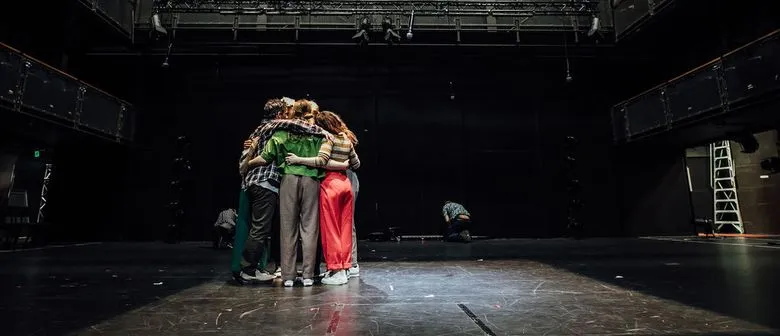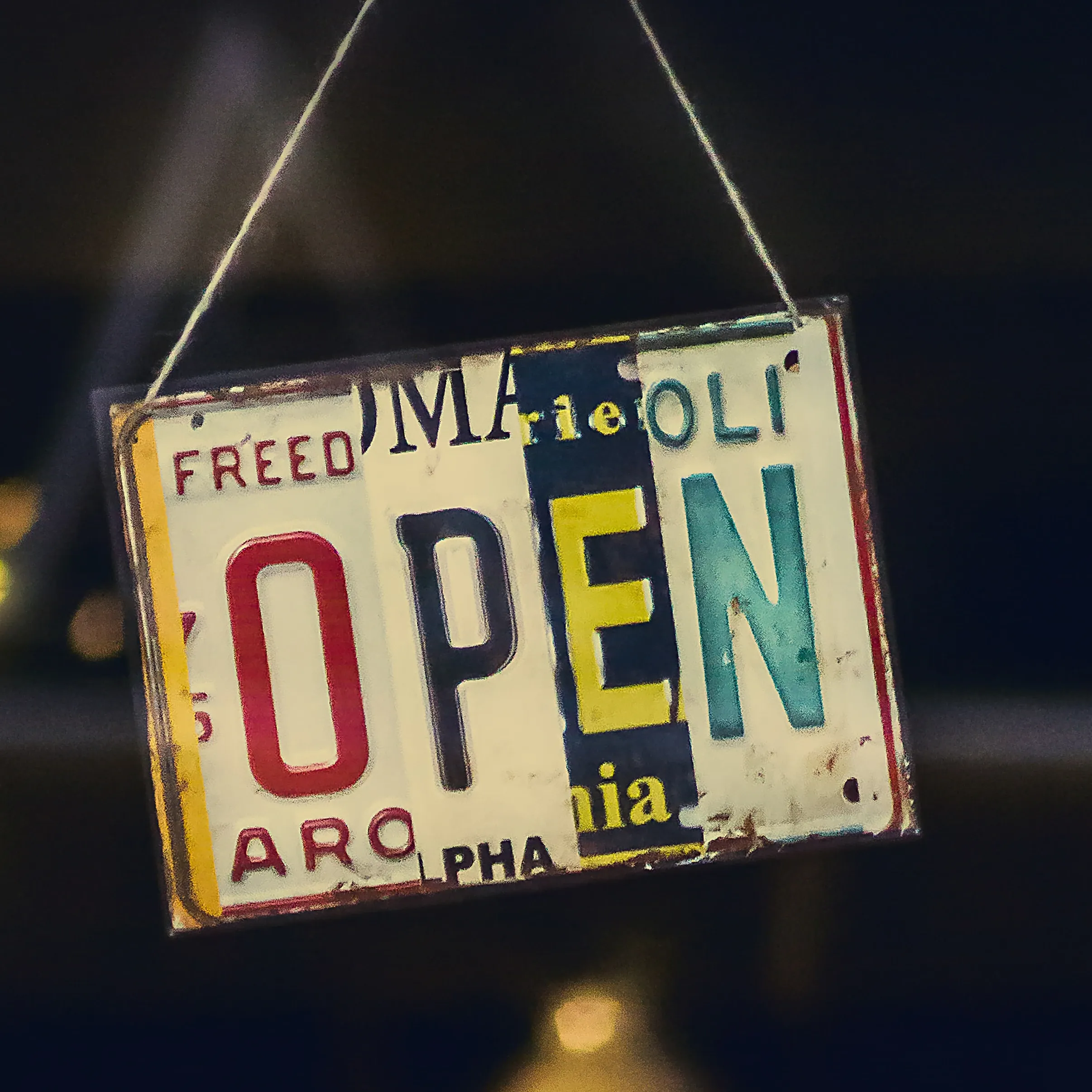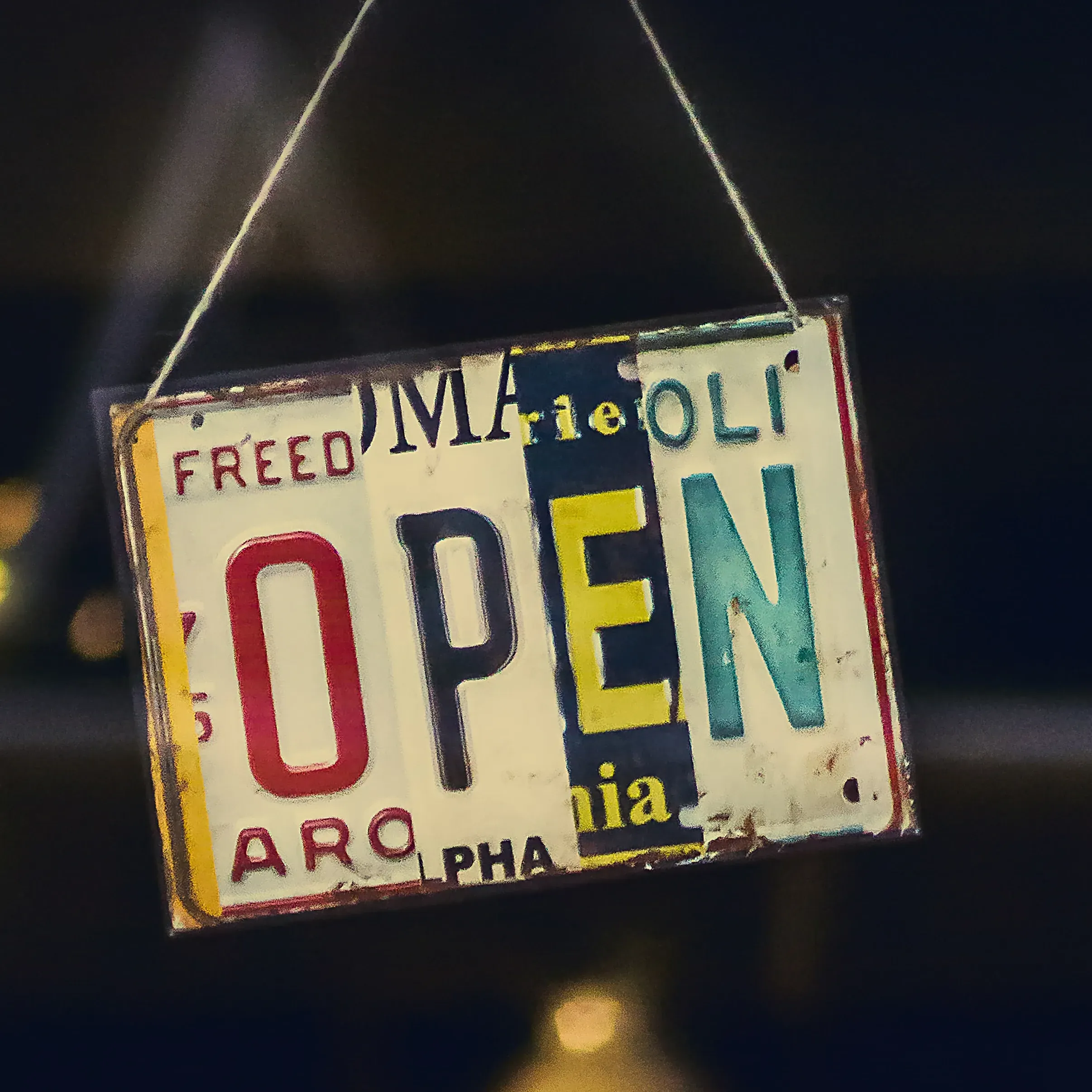Managing Your Arts Practice Through a Pandemic

“The key thing the arts community is experiencing right now is uncertainty – things are changing day by day and this makes it difficult to plan.”
As Chief Executive/Tumu Whakarae of Creative New Zealand Toi Aotearoa, Stephen Wainwright has been told in no uncertain terms about the strain COVID-19 is placing on the arts community. “We understand that this is a complete game-changer for most of our industry and will heavily impact many. Our thoughts are with you.”
He’s also aware the arts community doesn’t need thoughts, it needs answers.
Being such a diverse whānau – from solo artists and arts practitioners, collectives, partnerships and groups through to large organisations - our needs and issues are broad and complex.
But no aspect of this industry in Aotearoa is immune to the effects of COVID-19, effects that will ripple through the community in different ways for years to come.
As an arts practitioner with events, shows, showcases and exhibitions over the coming months, you are sure to already be grappling with this uncertainty. With an economic downturn on the horizon, industry jobs will be lost and artists’ incomes cut.
What we all have in common is that we all need to find the best information and ask the right questions to accurately assess your needs.
Knowledge is power
The most important thing the arts community can do right now is to arm ourselves with knowledge. Stay up-to-date with the news and the guidelines and packages available.
Minister for the Arts Jacinda Ardern has spoken of being acutely aware of the impact on the arts sector of moves like the mass gatherings advice and border restrictions. Wainwright explains that Creative New Zealand is in regular contact with the Ministry for Culture and Heritage and other allies, and they’re working as quickly as they can to bring more certainty.

Creative NZ Chief Executive Stephen Wainwright. Photo: supplied
“We’re very aware of the hardship that COVID-19 has already caused and will continue to cause to the arts community. Right now, we’re working on our plan for how to support the sector through these difficult times – this is our first priority.
“First up, the Chair of the Arts Council has called an urgent meeting for this Friday (20 March), to empower us at Creative NZ to respond to these extraordinary circumstances in an extraordinary way. We’ll be able to update everyone following this meeting. The Council will then have another special meeting on Tuesday 31 March to consider how our existing support and activities will be adjusted to reflect the new reality. We’ll again provide an update following this meeting.”
Current and future projects
Right now, your most important job is to take stock of the projects you have in the pipeline. You’ll need to prioritise urgent tasks and deal with the most pressing events first.
Consider:
-
Contacting clients to check on the status of current and upcoming projects.
-
Events, appearances, exhibitions, and productions: read over contracts carefully and make sure you understand all the costs and responsibilities associated with cancellations and postponements. If you’re confused, talk to a lawyer about your rights.
-
Insurance – what is and isn’t covered as your business deals with COVID-19 fallout.
-
Communication – use email, social media, website pages, and other mediums to ensure your audience is aware of updates.
-
Arrange alternatives – online events to replace in-person experiences, for example.
"We know our response will need to be significant and there needs to be a new ‘playbook’ on how we provide that support."
Wainwright wants the community to know that Creative NZ understands the uncertainty. “Because the situation is so volatile, it’s hard to see clearly into the future. We want to support people the best we can as they keep working through these questions.”
Funding
If you or your organisation has funding from Creative NZ or other sources, you will be likely wondering what will happen next. How will funding be managed when many projects cannot go ahead? Should you continue to apply for funding even if a project is uncertain?”
Creative NZ says it won’t be able to give answers until after the 31 March meeting. It states the best thing to do is to keep up with their news via the COVID-19 update page on their website.
For funding from other sources, contact the organisation but be aware that everyone is struggling with seeing the future right now, so you might not get answers right away.

Staying open won't be easy - and may take some creative thinking. Photo: James Sutton.
Keeping the lights on
Artists’ minds are reeling with questions.
“Should I postpone this project for later in the year?” “Can I exhibit my mahi online instead of in-person?” “How do I reach people with my art when they’re stuck at home?” “How do I survive if I can’t predict my income for the rest of the year?”
There are no easy answers. Like the rest of the country, the arts sector is looking to the government for guidance and tools to survive.
“We’re working out how we can best support artists, practitioners and arts organisations at the moment,” explains Wainwright. “We know our response will need to be significant and there needs to be a new ‘playbook’ on how we provide that support. We’ll leave no stone unturned as we develop our response.
“We have a number of ways to tautoko the sector during these tough times, through our existing programmes like our investment and grants programmes, through to starting brand new programmes. The Arts Council is in a reasonably strong financial position with healthy reserves to call upon for a rainy day.
“This is that time. We can quickly free up funds, helped by more lotteries funding already this year.
“In the meantime, we encourage people to look at the Government’s COVID-19 Economic Response Package released on Tuesday, and what this might mean for them. We’re examining it closely to work out the implications for the arts sector, and are in conversations with the likes of the Ministry for Culture and Heritage and Ministry of Social Development as part of this.”
Avoid Panic - Be Proactive
It’s essential to remain positive. The best thing you can do right now is to deal quickly and efficiently with any pressing events that need to be cancelled/scaled back, then move on to considering the long-term plan for your art practice or role.
You’re not in this alone. Reach out to others in your community for support and advice. If you’re able to, offer resources, space, time, information, and networks to help other artists and organisations get back on their feet.
We’ve already seen ingenuity from artists across New Zealand and the world. The local Pacific community helped stallholders from the cancelled Pasifika Festival found venues for their work. Author Damien Wilkins has written a pithy eulogy for his cancelled book launch at Unity Books. The Social Distancing Festival brings together artists who’ve had their exhibitions interrupted to celebrate the work that never was.
“If there’s one thing we know, it’s that the arts sector is astonishing in a crisis,” says Wainwright. “We can see the community rallying to share ideas and support each other. The Facebook group Aotearoa Arts & Events During the Covid 19 Crisis is a wonderful example of this.
"The Arts Council is in a reasonably strong financial position with healthy reserves to call upon for a rainy day. This is that time."
“Thinking back to the Canterbury earthquakes, ingenuity, resilience and pure unadulterated creativity held the community together and helped it begin to heal. We’ve no reason to doubt that the arts sector won’t rally around again during these extraordinary times – we’re a whānau and we look out for each other when times are tough.”
More information and advice will come
As Creative NZ and other organisations and support bodies get to grips with what COVID-19 means for the arts sector, more information will become available. Unfortunately, all the answers don’t exist right now.
“We encourage you to keep considering the impact COVID-19 may have on you, your whānau and your arts practice or organisation,” says Stephen. “For the latter, we recommend you develop a business continuity plan for the immediate and long term, and include a range of scenarios.”
Information sources:
Creative New Zealand: Will make updates to their newsletter and social media channels. Sign up for the CNZ newsletter, as well as following the COVID-19 update page on their website.
COVID-19 information for businesses: Government page collecting data related to COVID-19 and its impact on NZ businesses, including details of the Economic Response Package. Updated as new information is available.
Work and Income New Zealand: Details on COVID-19 employer support (wage subsidy, leave payment) and how to apply. These packages are available to sole traders and contractors as well as employers.
Inland Revenue New Zealand: Details of the tax relief and income assistance available for NZ businesses.
Ministry of Health: For the most up-to-date guidelines on staying safe and healthy, as well as the latest news about the COVID-19 outbreak.
Worksafe NZ: If you’re a PCBU, what you need to know about workplace preparedness for COVID-19.
Air New Zealand: If you have overseas travel, check their COVID-19 FAQ page for information. They advise not to contact the call centre unless you’re due to fly within 48 hours.
Ministry for Business, Innovation & Employment: Information on business continuity plans is available on their website.
Mental Health Foundation of New Zealand: Offers advice on looking after your mental health and wellbeing during COVID-19 on their website.

